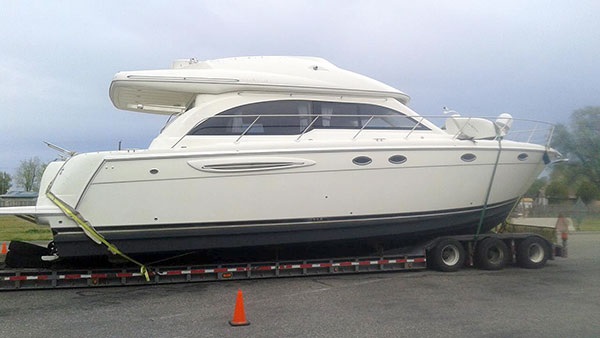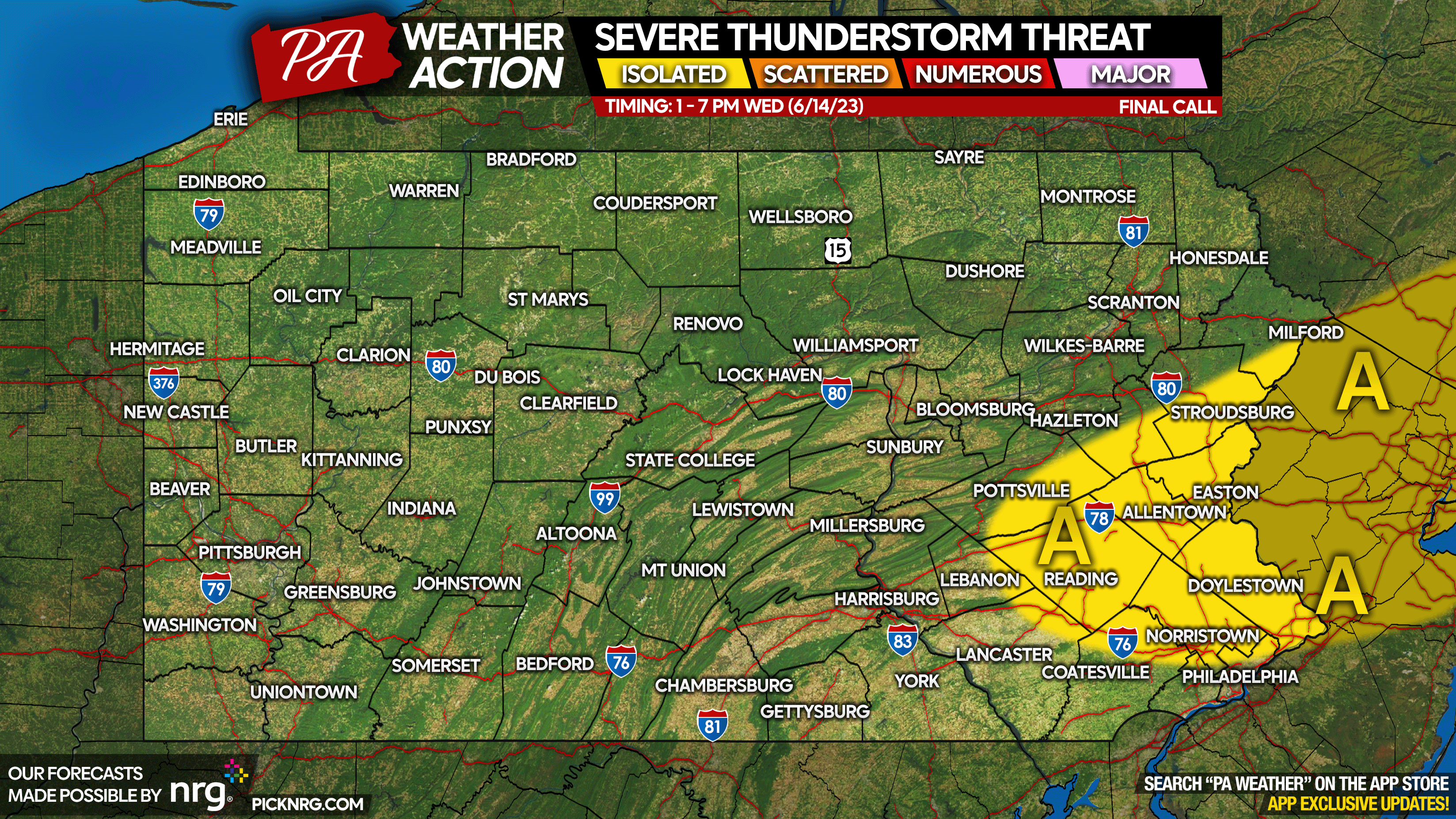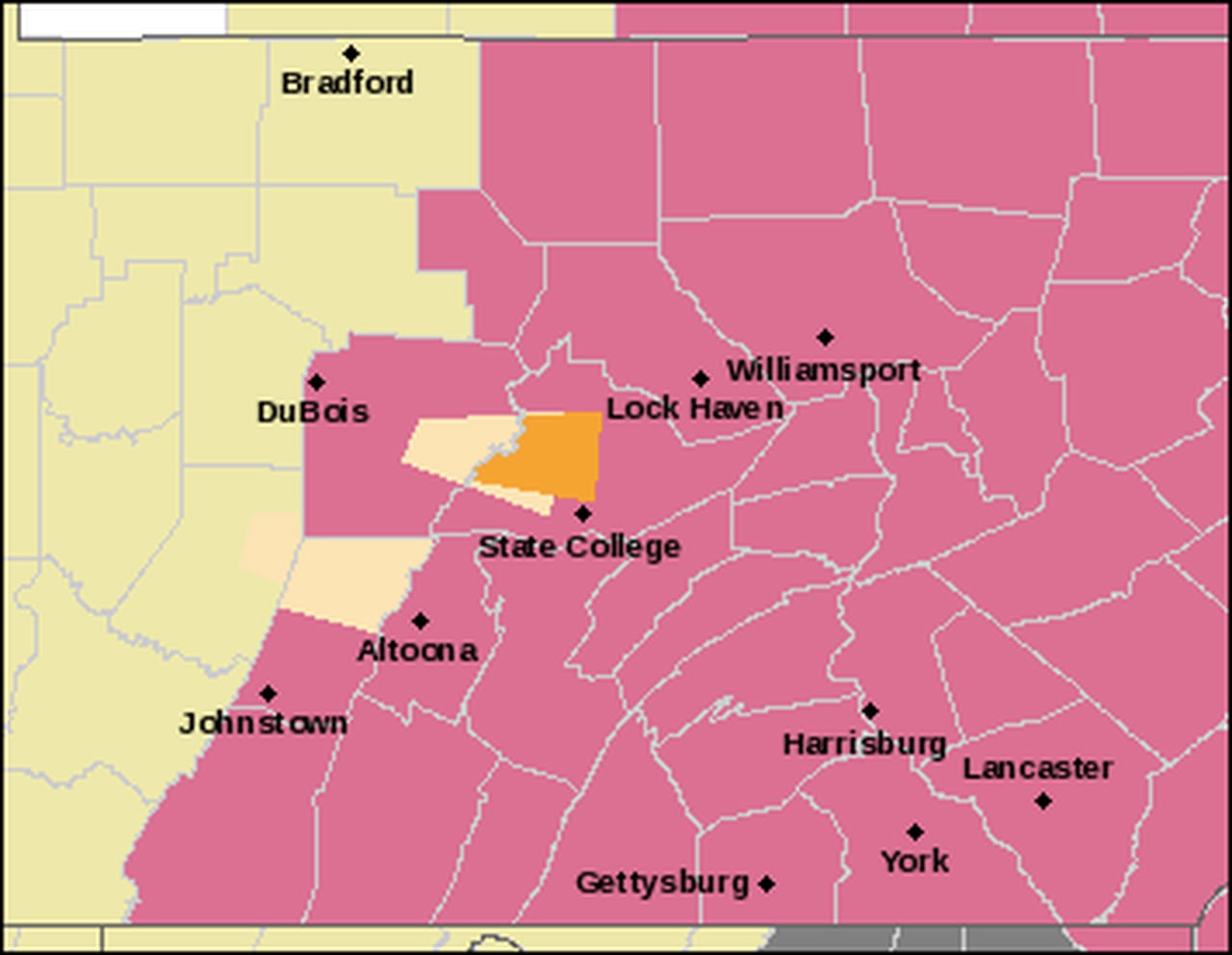Casper Boat Lift Hosts Unexpected Zebra Mussel Invasion

Table of Contents
The Discovery and Extent of the Infestation
The initial discovery of zebra mussels at the Casper boat lift occurred on July 15, 2024, during a routine inspection by Wyoming Game and Fish Department personnel. The mussels were found clustered on the lift's support structures and pilings, indicating an established presence. Subsequent surveys, including diver inspections and visual assessments, have revealed a concerning spread, although the precise population size remains under evaluation. Further investigation is underway to determine the full extent of the infestation, including potential spread to nearby areas of the reservoir.
- Date of initial discovery: July 15, 2024
- Location within the boat lift: Support structures and pilings
- Methods used to assess infestation: Diver surveys, visual inspections, water sampling
- Estimated population size: Currently under assessment, but initial findings suggest a substantial infestation.
- Areas potentially affected: The immediate vicinity of the boat lift, with potential spread downstream. Further surveys are underway to determine the extent of spread within the reservoir.
Environmental Impact of Zebra Mussel Infestation in Casper
Zebra mussels are notorious for their devastating ecological impact. These invasive species rapidly reproduce and outcompete native mussels and other aquatic organisms for food and habitat, disrupting the delicate balance of the food web. Their sharp shells can injure native fish and waterfowl. Furthermore, their tendency to attach to virtually any hard surface, including water intake pipes at power plants and water treatment facilities, causes significant infrastructure damage and costly maintenance.
- Disruption of the native food web: Zebra mussels consume large quantities of phytoplankton, impacting the entire aquatic food chain.
- Clogging of water intake pipes: This can lead to reduced water flow and costly repairs or replacements for power plants and water treatment facilities.
- Impacts on recreational boating and fishing: Sharp shells can damage boat hulls and propellers. The alteration of the aquatic ecosystem can also negatively impact fish populations.
- Potential harm to water quality: Large accumulations of zebra mussels can lead to decreased water clarity and potentially affect water quality.
- Estimated economic costs: The long-term economic consequences are still being assessed, but are expected to be substantial, encompassing costs associated with infrastructure damage, mitigation efforts, and potential impacts on tourism and recreation.
Mitigation Efforts and Prevention Strategies
The Wyoming Game and Fish Department, in collaboration with other state agencies and local authorities, is implementing a multi-pronged approach to mitigate the spread of zebra mussels. This includes stringent cleaning and decontamination protocols for all boats entering and leaving the reservoir. Inspections are being conducted to identify any further infestations. Public awareness campaigns and educational programs are underway to inform boaters and the wider community about the threat of zebra mussels and the importance of preventative measures.
- Cleaning and decontamination protocols: Mandatory boat cleaning stations are being established, and boaters are urged to thoroughly clean and dry their boats before transport.
- Inspections of boats: Regular inspections of boats are being carried out to detect any signs of zebra mussels.
- Public awareness campaigns: Educational materials and outreach programs are designed to inform the public about the dangers of zebra mussels and how to prevent their spread.
- Collaboration between agencies: State and local agencies are working together to coordinate efforts and share information.
Long-Term Implications and Ongoing Monitoring
If the zebra mussel infestation is not effectively managed, the long-term ecological and economic consequences for Casper and the surrounding area could be severe. This includes significant biodiversity loss, further damage to infrastructure, and considerable economic impacts on recreational activities and tourism. Therefore, ongoing monitoring and assessment are crucial to track the spread of the mussels and evaluate the effectiveness of current mitigation strategies.
- Potential long-term impacts on biodiversity: The continued presence of zebra mussels could lead to a significant decline in native aquatic species.
- Continued monitoring of mussel populations: Regular surveys and inspections will be conducted to track the spread and abundance of zebra mussels.
- Adaptive management strategies: Mitigation strategies will be adjusted based on the results of ongoing monitoring.
- Plans for future preventative measures: Long-term preventative measures will be implemented to minimize the risk of future infestations.
Conclusion
The unexpected zebra mussel invasion at the Casper boat lift serves as a stark reminder of the vulnerability of Wyoming's waterways to invasive species. The ecological and economic consequences are substantial, demanding immediate and sustained action. The success of mitigation efforts relies heavily on the combined efforts of state agencies, local communities, and individual responsibility.
Call to Action: Learn more about zebra mussels and their impact on Wyoming's waterways. Report any sightings of zebra mussels at the Casper boat lift or elsewhere to the Wyoming Game and Fish Department immediately. Protecting our waterways from invasive species like zebra mussels requires collective action – let's work together to safeguard Wyoming’s natural resources.

Featured Posts
-
 Todays News Sesame Street Joins Netflix And Other Breaking Stories
May 22, 2025
Todays News Sesame Street Joins Netflix And Other Breaking Stories
May 22, 2025 -
 Elon Musk Prioritizing Tesla Leadership Reducing Political Involvement
May 22, 2025
Elon Musk Prioritizing Tesla Leadership Reducing Political Involvement
May 22, 2025 -
 Britons Australian Run Overcoming Pain Pests And Deception
May 22, 2025
Britons Australian Run Overcoming Pain Pests And Deception
May 22, 2025 -
 The Future Of Trumps Tax Plan A Divided Republican Party Weighs In
May 22, 2025
The Future Of Trumps Tax Plan A Divided Republican Party Weighs In
May 22, 2025 -
 Analyzing Liverpools Win Against Psg Arne Slots Impact And Alissons Goalkeeping Prowess
May 22, 2025
Analyzing Liverpools Win Against Psg Arne Slots Impact And Alissons Goalkeeping Prowess
May 22, 2025
Latest Posts
-
 Pennsylvania Thunderstorm Warning Urgent Action Needed In South Central Region
May 22, 2025
Pennsylvania Thunderstorm Warning Urgent Action Needed In South Central Region
May 22, 2025 -
 Major Fire Damages Dauphin County Apartment Complex Overnight
May 22, 2025
Major Fire Damages Dauphin County Apartment Complex Overnight
May 22, 2025 -
 South Central Pennsylvania Under Severe Thunderstorm Watch
May 22, 2025
South Central Pennsylvania Under Severe Thunderstorm Watch
May 22, 2025 -
 Overnight Fire Engulfs Dauphin County Apartment Building
May 22, 2025
Overnight Fire Engulfs Dauphin County Apartment Building
May 22, 2025 -
 Shooting Investigation In Lancaster County Pa Details Emerge
May 22, 2025
Shooting Investigation In Lancaster County Pa Details Emerge
May 22, 2025
